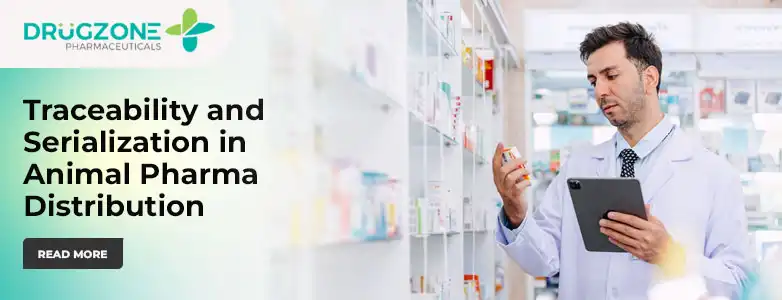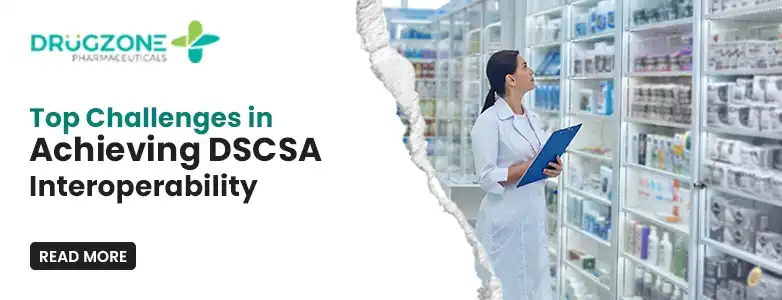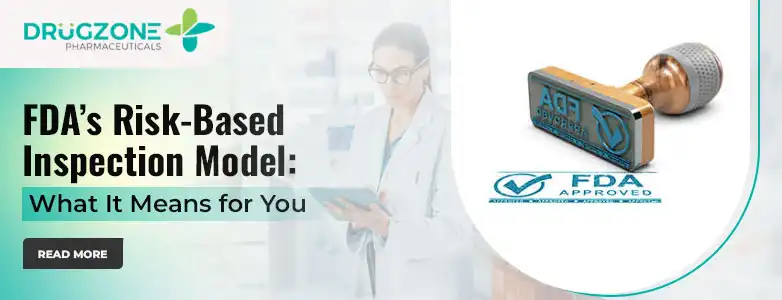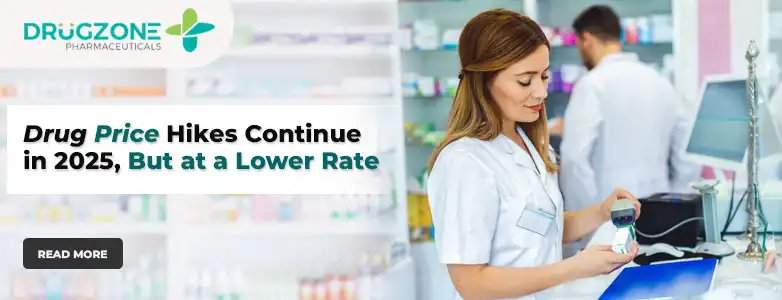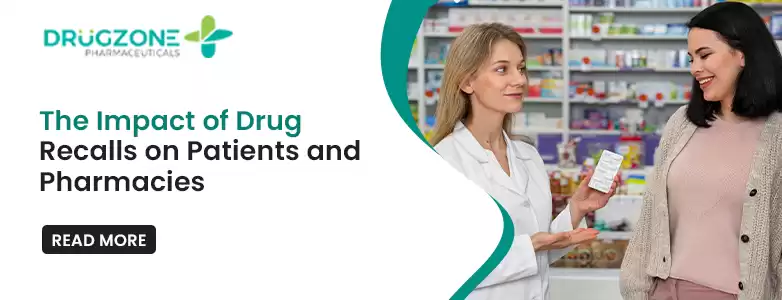
Posted On: October 30, 2024
The Impact of Drug Recalls on Patients and Pharmacies
Drug recalls occur when a pharmaceutical company voluntarily or as mandated by regulatory authorities like the Food and Drug Administration (FDA) withdraws a medication from the market due to safety concerns, labeling errors, or defects in the product.
Recalls are an essential component of post-market surveillance. It ensures that any potential risks to patient health are promptly addressed to prevent adverse effects. They can be initiated for various reasons, such as -
- Contamination
- Incorrect potency
- Undisclosed side effects
For example, a recall might be issued if a specific lot of an antibiotic is found to be contaminated with a harmful substance, which could pose a risk of infection to users.
This action helps maintain drug safety standards and protects public health by ensuring that only safe and effective medications remain available to consumers.
Understanding the Impact of Drug Recalls on Patients and Pharmacies
Let us analyze the impact of drug recalls on both patients and pharmacies and how pharmaceutical wholesalers play a significant part in navigating these challenges.
1. Patient Safety and Health Risks
When a drug recall happens, the primary concern is keeping patients safe.
Medications are meant to help, not harm. However, recalls often indicate potential side effects or issues that could put patients in danger. This could mean anything from minor side effects to serious health complications.
Patients relying on these drugs might face uncertainty about their treatment's effectiveness, possibly leading to anxiety or health setbacks!
Ensuring patient safety means addressing these risks, educating patients about the recall, and helping them transition to alternative treatments as safely and seamlessly as possible.
2. Supply Chain Disruptions
Pharmaceutical wholesalers are a crucial link between drug manufacturers and pharmacies. They ensure that drugs are available where they're needed. But when a recall occurs, this link is disrupted.
Now, pharmaceutical wholesalers must stop the distribution of the affected product and organize its return, and this complicates the usual flow of goods. This disruption can drip down to pharmacies that might suddenly find themselves unable to fill prescriptions for patients depending on those meds.
3. Financial Implications for Pharmacies
A drug recall isn't just a health issue, rather, it's a financial one (for pharmacies). They must deal with the logistical nightmare of sending back recalled stock, which often means a loss in sales from unsellable inventory.
Additionally, there are hidden costs, like the time and resources needed to manage the recall process, update systems, and communicate with patients and healthcare providers.
4. Trust and Reputation
Trust is crucial in healthcare, and drug recalls can really shake that trust.
Patients might start doubting the medications they rely on, worrying if they are safe to use. This skepticism can even extend to their view of pharmacies and the drug industry in general.
Pharmacies, which pride themselves on providing safe and effective medications, may find their reputation tarnished through no fault of their own.
Rebuilding trust takes time and effort. It requires clear communication and a commitment to patient safety and transparency.
5. Regulatory and Operational Challenges
Handling a drug recall is no small task for pharmacies, as it involves a lot of red tape and quick action. They must comply with strict regulations, and see to it that every recalled product is removed from shelves and patients are informed promptly.
Pharmacies must work closely with wholesalers and health regulators to navigate the recall process efficiently. This can be a major operational challenge. It could demand significant attention to detail and resources that could be used for other essential services.
Your Way to Enhancing Drug Recall Responses for Better Patient Safety
Drug recalls pose significant challenges, but with the support of pharmaceutical wholesalers like Drugzone, pharmacies can navigate these disruptions more smoothly.
That said, while drug recalls can be inconvenient and stressful, they also shed light on the importance of vigilance and quick action within the pharmaceutical industry to ensure patient safety.
As stakeholders continue to work together, the response to recalls can become ever more efficient and effective, ultimately safeguarding public health at large.
Frequently Asked Questions (FAQs)
Q. What is a drug recall?
A drug recall is an action taken to remove a medication from the market because it may pose a risk to patients' health or safety. This can occur due to issues like contamination, mislabeling, or a defect in the product.
Q. How do drug recalls affect patients?
Drug recalls can affect patients by potentially interrupting their treatment or exposing them to harmful side effects. Patients may need to contact their healthcare provider for alternative medications or guidance.

